Google's AI innovations trigger multibillion-dollar US patent trial

Being part of Google’s legal team must be quite a ride, considering how often the tech giant faces different accusations. Recently, after a years-long battle in court, a federal jury in the Epic vs Google antitrust lawsuit declared Google Play Store a monopoly, but apparently, the legal hustle doesn't stop there.
As per Reuters, Google is gearing up for a trial in Boston over claims that the processors it uses for AI tech infringe on patents owned by Singular Computing, founded by computer scientist Joseph Bates. The accusation extends to Google Search, Gmail, Google Translate, and other services.
Singular Computing, helmed by Bates, alleges Google copied his tech innovations, seeking a hefty $7 billion in damages—double the largest-ever patent infringement award in the US (pharma-related).
This trial, set to last two to three weeks, stems from Bates sharing his processing innovations with Google between 2010 and 2014. Singular claims Google's Tensor Processing Units, enhancing AI capabilities, copied Bates' tech and violated patents.
Google introduced these processors in 2016 for speech recognition, content generation, ad recommendations, and more. Singular argues versions 2 and 3, introduced in 2017 and 2018, breach patent rights.
TPUs are not typically found in consumer hardware like smartphones or laptops. Instead, they operate in the background within Google's infrastructure, providing the computational power necessary to run sophisticated AI and ML (machine learning) algorithms that underpin many of the company's services.
Google argues that its processors are unique and work in a way that is different from the technology patented by Singular. Because of this, Google believes that Singular's patents should not be considered valid.
The legal drama also extends to a US appeals court in Washington, where arguments about invalidating Singular's patents will unfold in a separate case appealed by Google. Quite the legal showdown!
Singular Computing, helmed by Bates, alleges Google copied his tech innovations, seeking a hefty $7 billion in damages—double the largest-ever patent infringement award in the US (pharma-related).
Google's response? Spokesperson Jose Castaneda called Singular's patents “dubious” and said the company developed its processors independently. "We look forward to setting the record straight in court," Castaneda said.
This trial, set to last two to three weeks, stems from Bates sharing his processing innovations with Google between 2010 and 2014. Singular claims Google's Tensor Processing Units, enhancing AI capabilities, copied Bates' tech and violated patents.
Google introduced these processors in 2016 for speech recognition, content generation, ad recommendations, and more. Singular argues versions 2 and 3, introduced in 2017 and 2018, breach patent rights.
TPUs are not typically found in consumer hardware like smartphones or laptops. Instead, they operate in the background within Google's infrastructure, providing the computational power necessary to run sophisticated AI and ML (machine learning) algorithms that underpin many of the company's services.
Google argues that its processors are unique and work in a way that is different from the technology patented by Singular. Because of this, Google believes that Singular's patents should not be considered valid.


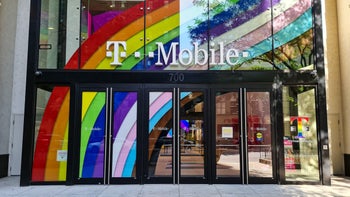
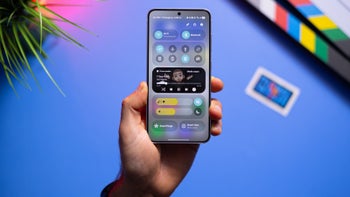

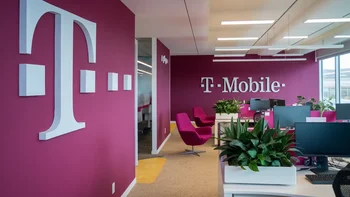

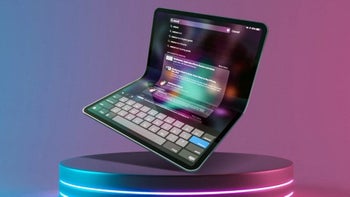
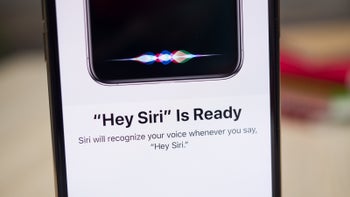
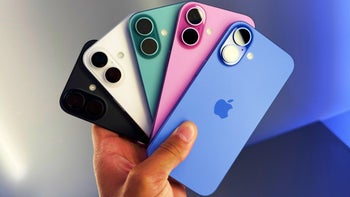
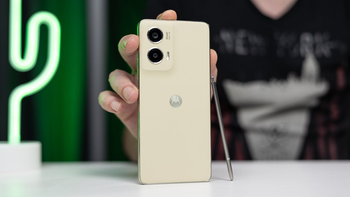

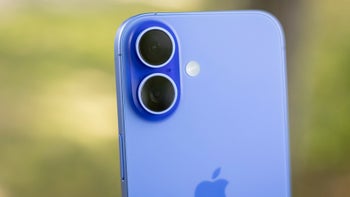
Things that are NOT allowed: